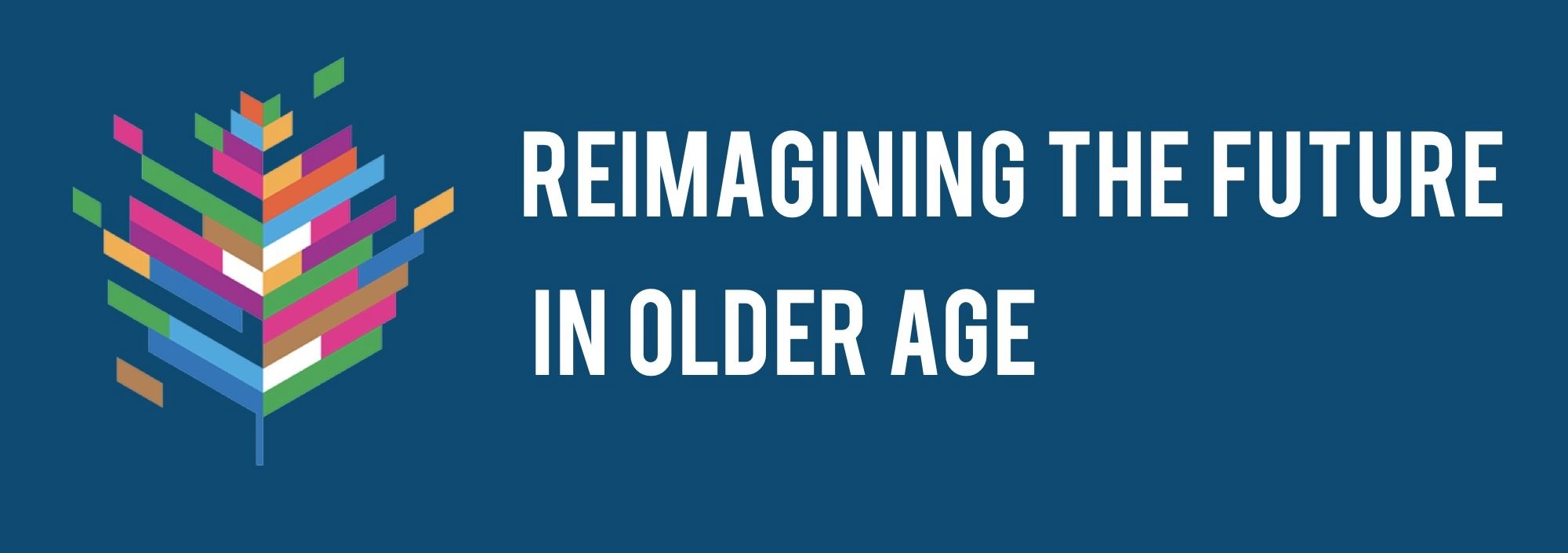It’s been a while since our last update and so we want to bring you up to speed with the project. Back in February we were invited by the Wellcome Centre for Cultures and Environments of Health at the University of Exeter to talk about our research. As well as presenting initial findings we also … Continue reading August 2022 update
Posts
End of year round up!
As a new year approaches, we reflect on the ups, downs and everything-in-between of the project so far...
Speculative Fiction and the Future of Older Age
In On the Writing of Speculative Fiction (1947), Robert A. Heinlein describes the genre as: ‘[N]arratives concerned not so much with science or technology as with human actions in response to a new situation created by science or technology, speculative fiction highlights a human rather than technological problem’. Authors have used this malleable genre (which encompasses elements of fantasy, science fiction, utopia/dystopia, horror … Continue reading Speculative Fiction and the Future of Older Age
On putting the ‘act’ into active participant
Back in April Val wrote about using forum theatre as a method to reimagine the future in older age. Forum theatre, she noted, allows performers and audience members to ‘actively participate’ in order to encourage critical reflection and rehearse strategies of resistance to challenge oppression and marginalisation. In this post I reflect on how I … Continue reading On putting the ‘act’ into active participant
What’s ‘new’ & team updates…
At the start of July, we said farewell to Valerie, who is now based at the University of Glasgow, and hello to Jade, who joins us from Queen Mary, University of London where she recently finished her PhD. Jade tells us a bit more about joining the project and her work – We all have stories to tell … Continue reading What’s ‘new’ & team updates…
Forum Theatre: Augusto Boal and Theatre of the Oppressed
Since our last post we’ve been busy with Stage 3 of our project. We’ve held all of our initial online workshops and have recruited a Performance Group to work with us and Active Inquiry in creating narratives about older age and the future. As well as having a lot of fun and getting to know … Continue reading Forum Theatre: Augusto Boal and Theatre of the Oppressed
What do we mean by ‘self-identified’ older adult
In our previous blog post, we announced that we’re recruiting ‘self-identified’ older people to take part in an online theatre workshop. The term ‘self-identified’ seems to have ruffled some feathers, and so this is a response in good faith which hopefully answers some questions. Researchers of older age and later life have always had to … Continue reading What do we mean by ‘self-identified’ older adult
New Year 2021 update
A year ago we were only just starting on this project. We were planning my trip to the Mass Observation Archive in Brighton and considering the logistics of our intergenerational reading groups. Fast forward a year and so much has happened. We were fortunate to continue our research in the context of Covid-19 by moving … Continue reading New Year 2021 update
The Last Children of Tokyo by Yoko Tawada
All of our intergenerational online reading groups chose to read Yoko Tawada’s The Last Children of Tokyo (first published in Japan in 2014 and in the UK in 2018). This post will consider the groups’ reactions to the book, the vision of the future presented and their thoughts on intergenerational relationships and longevity. In the Guardian John Self describes The … Continue reading The Last Children of Tokyo by Yoko Tawada
Mass Observation and Climate Change
Back in March, near the beginning of the Covid-19 pandemic, when countries began to lock-down, one of the themes that was dominant in the media was the idea that the world was slowing down and healing as carbon emissions declined and air pollution dramatically improved around the globe. While people stayed at home nature was … Continue reading Mass Observation and Climate Change
